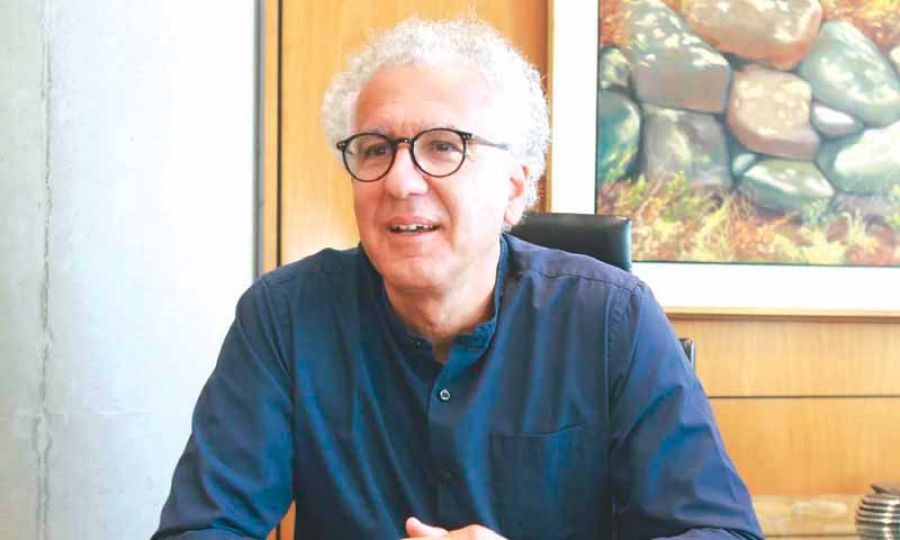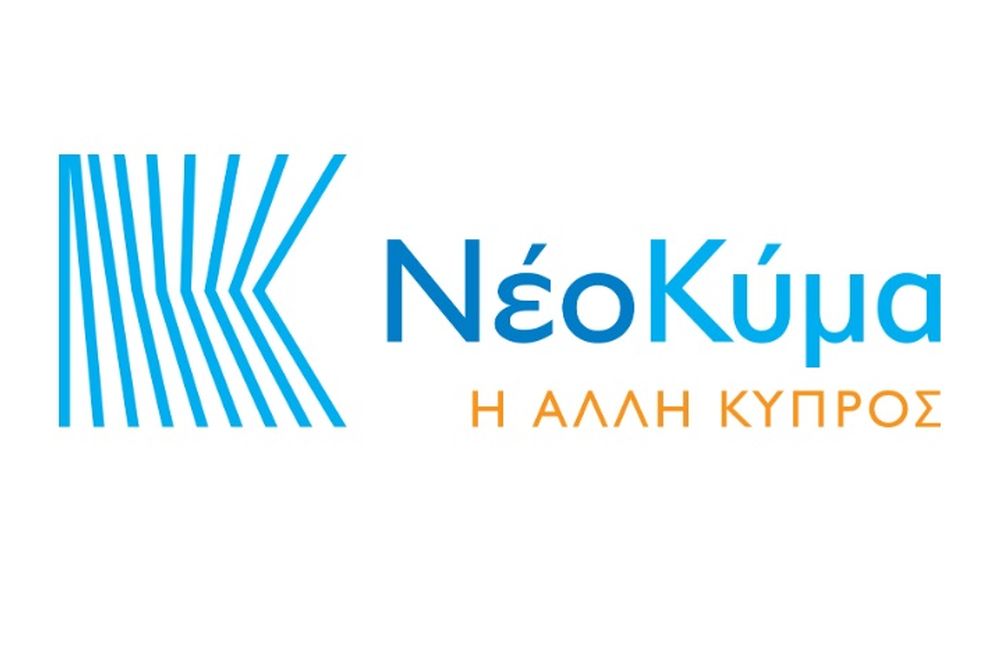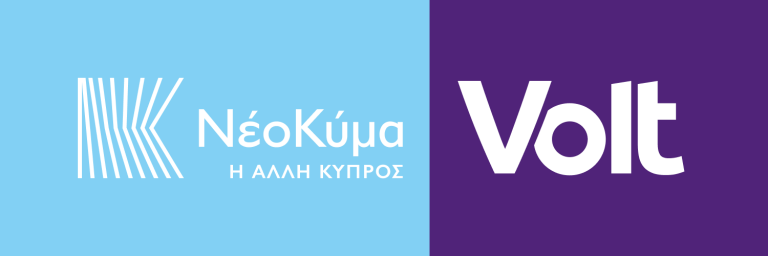
During my student years in Grenoble, France, I had the opportunity to work in the field of micro-electronics, a science that was the precursor of nanotechnology, the science that opened the road for the third industrial revolution.
While I was doing my doctorate, I worked with many European micro-electronics companies both in the exchange of know-how and on joint European programmes. Ten years later, when I returned to France from Canada I was really surprised to find out that all these micro-electronics firms had emigrated to the Far East. Manufacturing was no longer based in Europe and the same happened with many hi-tech companies.
In the 1990s, Europe, with the best scientists in the world, had started transforming into a continent of museums with a nostalgic cultural past. In an effort to increase company profitability, de-industrialisation and the migration of manufacturing to countries with cheap labour and ‘cheaper’ minds became an acceptable policy throughout the old continent.
We are living the consequences of this de-industrialisation in the most emphatic way today. Everything happening these days unfortunately shifts the geopolitical weight to the Far East and not to us. The winner of the crisis will be China. The economic war of the ‘day after’ will be recorded in history as the turning point.
The African continent, our neighbour, is turning to China, not us. How have we managed to turn Europe into a factor of no consequence? An entire continent, the land of the Enlightenment and the Renaissance, the greatest cultural force of the planet, is waiting anxiously – or should I say killing itself – at the feet of China for the purchase of health materials and medical equipment.
Italy, at the height of the tragedy it was facing, was begging Turkey to release a shipment of face masks she had already paid for. France was humiliated when a plane carrying health materials for Paris left Beijing and arrived in New York instead, in an unprecedented move of commercial piracy by the United States. Unfortunately, there are a great many similar incidents these days, all a consequence of Europe no longer being a front-line manufacturing continent.
Against this background, we are led to the question of what should and what could be done? Huge amounts of money will be made available these days in an attempt to rescue the economies of the EU member-states. Part of this money should be used for the transformation of the European Union into a continent of industrial production, starting with the health sector.
New epidemics, perhaps more lethal, will appear in the future. In addition, chronic illnesses should be dealt with more effectively. Industries covering all needs of the health sector should be set up again. And these industries should not be located only in the European north, but developed in all EU member-states. Each one should make its own contribution, perhaps with a specialisation, producing and researching part of the health puzzle.
We should create a European network of production of medical knowledge, health materials and medical equipment; a network of inter-dependence and solidarity, so that we do not again find ourselves in the position of the weak and dependent. This was how Airbus, the pride of European aircraft design, was created. Almost each part of it is produced in a different European country. It is the achievement of a scientific and technological network of our continent, the result of a very successful cooperation.
When the next pandemic strikes, all the countries of the world should be turning to Europe and not the Far East. Europe, our home, has the human capital, it has excellent research centres, poles of innovation and many comparative advantages. It is possible that all these years it pursued bad policies and made mistaken economic changes.
Nowadays, we are missing – more than at any time – the generation that governed Europe immediately after the war. The generation that lived through the war and wanted to recreate a continent, based on the principles of solidarity and cooperation among peoples, as envisaged and described by Victor Hugo.
*Constantinos Christofides is professor of physics at the University of Cyprus and the general coordinator of New Wave – The Other Cyprus


